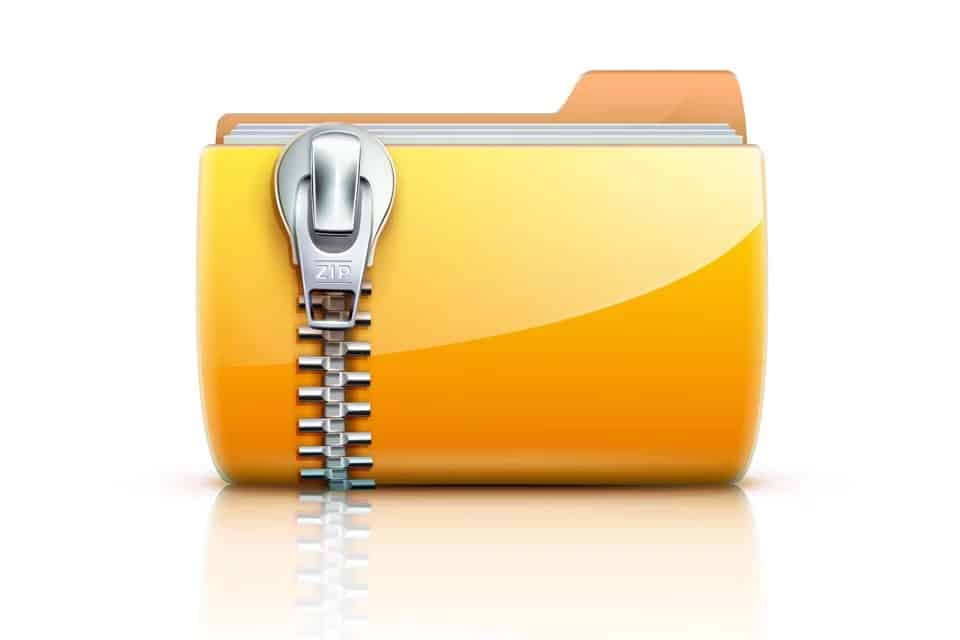754
You only know what ZIP is if you are well versed in using computers. If you are a layman and receive a ZIP file, you won’t know what to do with it. We will show you what it actually is and how you can use ZIP files yourself.
What is ZIP? What ZIP files can do
ZIP is a special file format for compressed data. ZIP files have the extension “.zip,” while text files, for example, have the file extension “.txt.”
- A ZIP file has two major advantages: ZIP files serve as containers and can therefore combine numerous other files and folders in a single file. For example, you can pack several documents, images, and folders into a single file and send them.
- Secondly, packing the data into a ZIP file significantly reduces its size. Depending on the size of the file, you can save several percent of the original file size. For example, a 4.5 GB movie can easily be reduced to a 4 GB movie in a ZIP file.
- With programs such as 7-Zip or WinZip, you can open, create, and edit your own ZIP files. However, you do not need any additional software to open a ZIP file. Windows can open and extract ZIP files by default.
How ZIP files work and their advantages
ZIP files are archives that compress one or more files and directories and combine them into a single file.
- Compression is usually lossless, using algorithms such as Deflate, which recognize and eliminate redundant information in the data, significantly reducing the file size. Deflate uses methods such as LZ77 to efficiently encode repetitions and patterns in the data without any loss of quality.
- Compression saves storage space and speeds up file transfer, for example via email or the Internet, as less data needs to be transferred.
- ZIP files offer a number of advantages: Firstly, they enable significantly lower storage space usage through compression, which is particularly important for large amounts of data or limited storage space.
- Secondly, ZIP files act as containers that combine multiple files and folders into a single file, making it very easy to organize, manage, and securely send large amounts of data.
- Thirdly, ZIP files offer integrated encryption options, usually through password protection with modern encryption methods such as AES, which can be used to protect sensitive data.
- In addition, ZIP archives are platform-independent and supported by almost all operating systems, which underscores their universal applicability.

